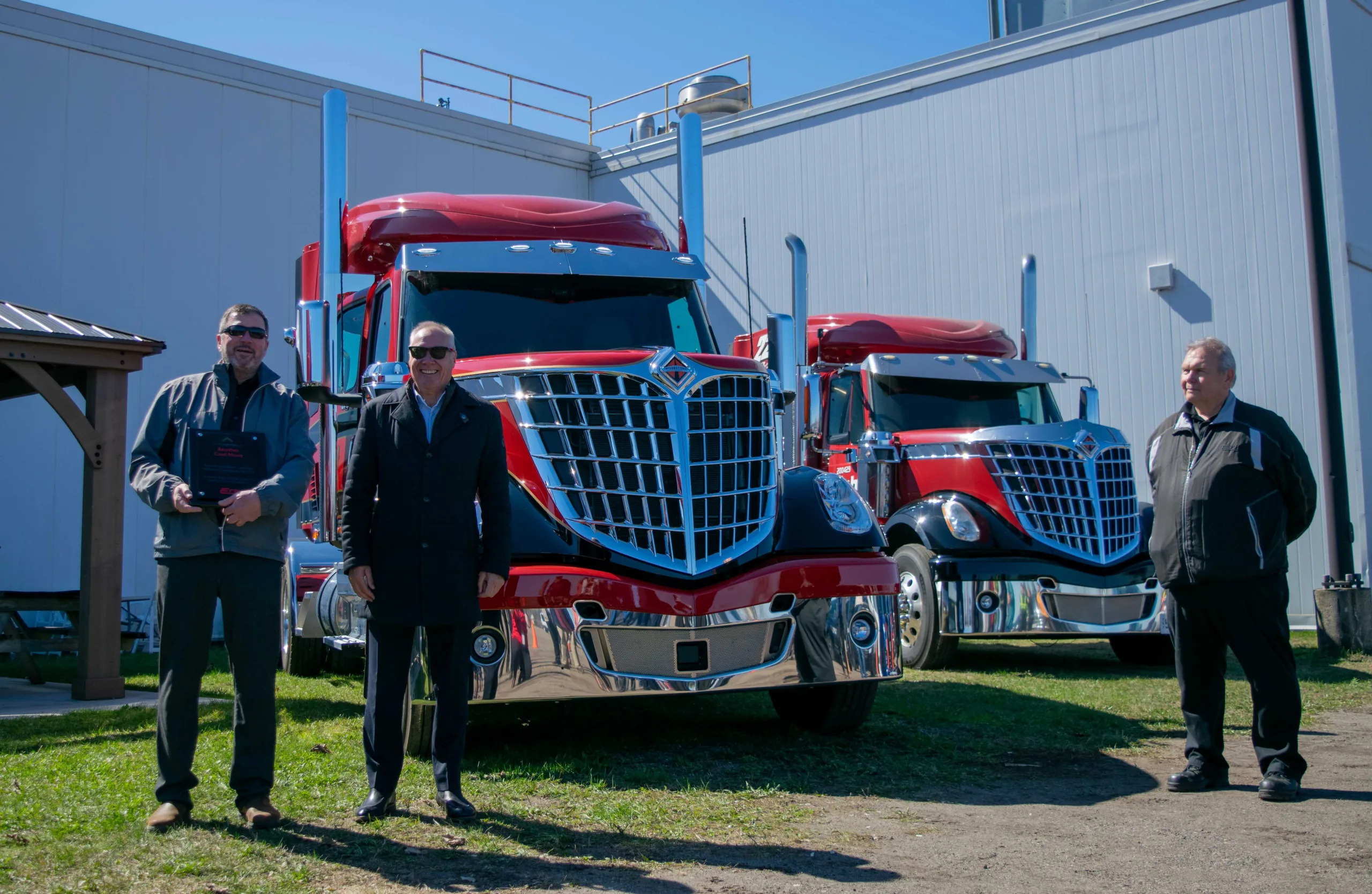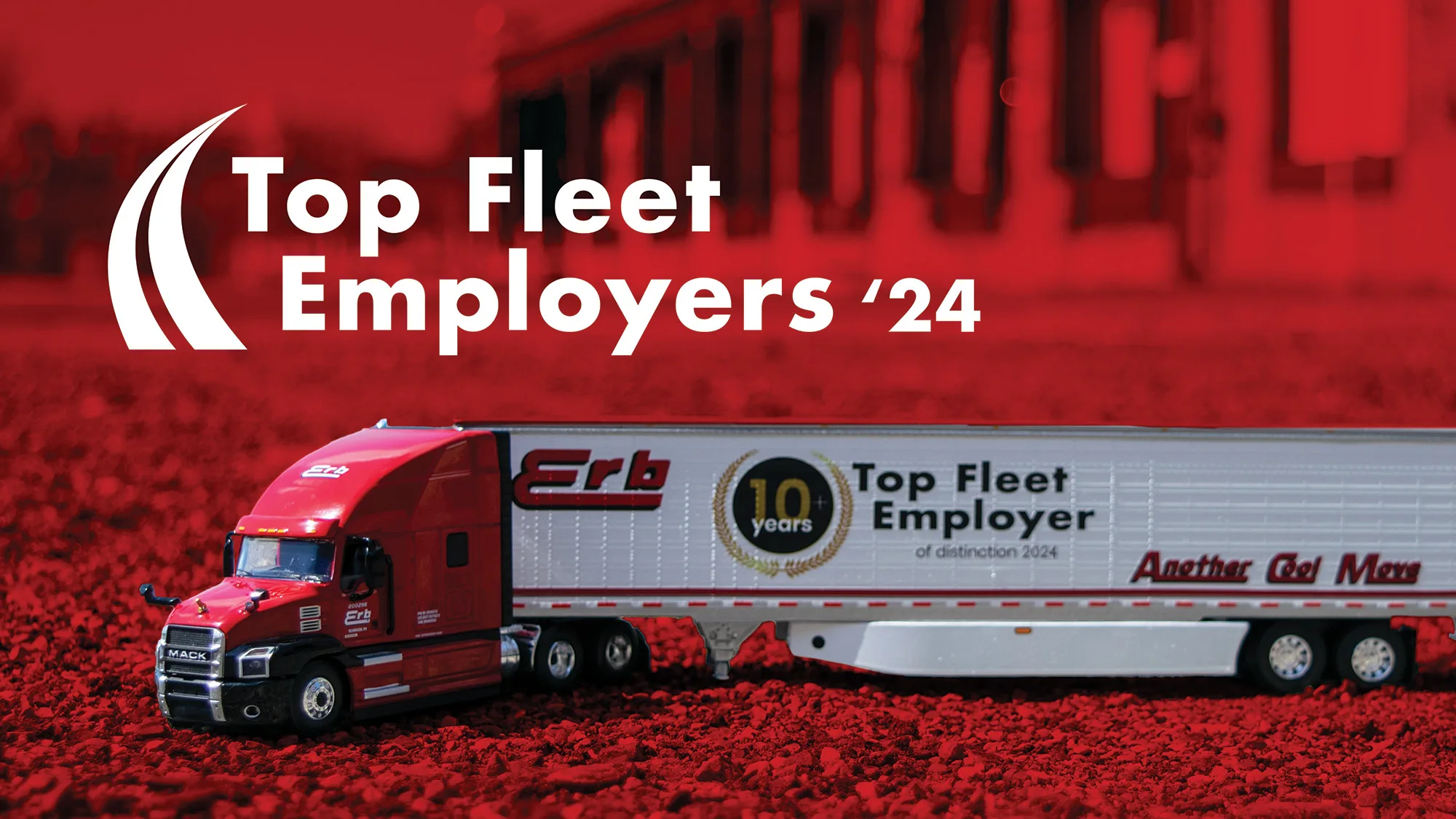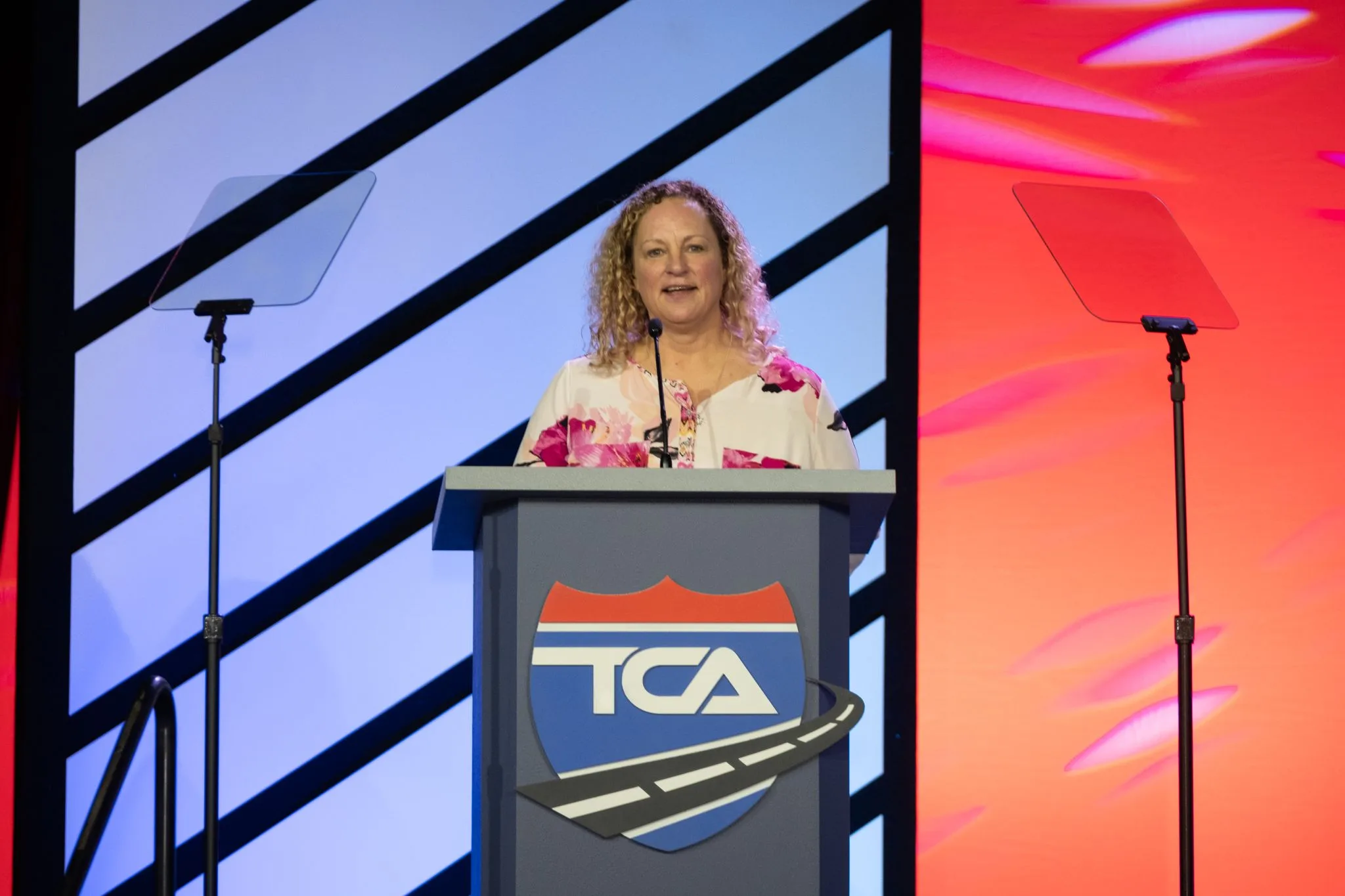Human trafficking, also known as modern-day slavery, is a global epidemic. People generally assume that human trafficking only occurs in developing countries and it does not exist here in Canada. However, last week, 31 men were arrested in Ontario for involvement in an organized trafficking ring. It is a sickening reality that these gruesome acts are taking place within our borders, on our highways and in our streets. In the midst of this horrific crime, there are silent heroes who are making a difference and saving lives every day – professional drivers. Being in the transportation industry, truck drivers have a unique position to fight human trafficking.
What is human trafficking?
What exactly is human trafficking? United Nations defines human trafficking as, “the recruitment, transportation, transfer, harboring, or receipt of persons” by means of force, abduction, fraud, or coercion for labor or sexual exploitation.
Where is human trafficking most prevalent?
Here in Canada, young girls, children and women between the ages of 13-25 are the most vulnerable target. According to Statistics Canada, 66 percent of human trafficking offences reported by police between 2009 and 2016 took place in Ontario. Due to the easy access to major highways, traffickers are constantly moving and transporting victims from one location to another. This is where truck drivers come in. With more than 700,000 trucks across the nation, drivers are the eyes and ears of the highways. They are always on the road and often awake at night when traffickers take advantage of their victims. They are often in places where most people aren’t. Therefore, they have the power to intercept these heinous crimes by detecting potential victims of human trafficking.
How can drivers help?
Truck stops are the most common area for drivers to observe unusual activities. Knowing the signs and what to do can help save lives. Here are a few warning signs:
- A vehicle full of women wearing revealing clothing or inappropriate clothing for the weather with a male driver
- Unaccompanied minor looking fearful in front of a business
- Vehicles driving into truck stops flashing their headlights, indicating buying interests
- Radio chatter asking for “commercial company”
- A minor or woman knocking on the side of a truck to illicit relations
- Tattoos or branding claiming ownership of that person
If you spot these suspicious signs, do not hesitate to take appropriate measures. Ask them questions. Make sure you pay attention to the make, model and colour of the vehicle, license plate number, and description of the driver and how many women are in the car. Take a picture with your phone for evidence. Instead of walking away and turning a blind eye, report it to the police or the hotline number. Most importantly, trust your gut. If you feel something is off, make the call.
Impact of truck drivers
In the U.S., 2,356 calls have been made into the trafficking hotline by truck drivers; these calls have generated about 635 cases of human trafficking and identified 1,186 victims.
“What saved me was that truck driver that called in,” says Shari, a fifteen-year-old trafficking victim. “Because this trucker made the call, I have an opportunity to actually have a life… Here I am. I’m sitting with my mom, and that all could have been taken away, but because of that trucker, I have a future.”
The call you make is confidential, and even if you had mistaken, it is always better to be safe than sorry. Nonetheless, whatever happens, do not confront the drivers. They can be dangerous, and you can put yourself or the victims at risk.
Drivers have the capability to make an impact and save human trafficking victims. All it takes is one simple call to rescue them, change their lives and ensure that the perpetrator gets arrested. To make a call to the Canadian human trafficking hotline, dial 1-833-900-1010. If you are in the U.S., call 1-800-373-7888.
For more information, visit https://truckersagainsttrafficking.org.
 Client portal
Client portal 



